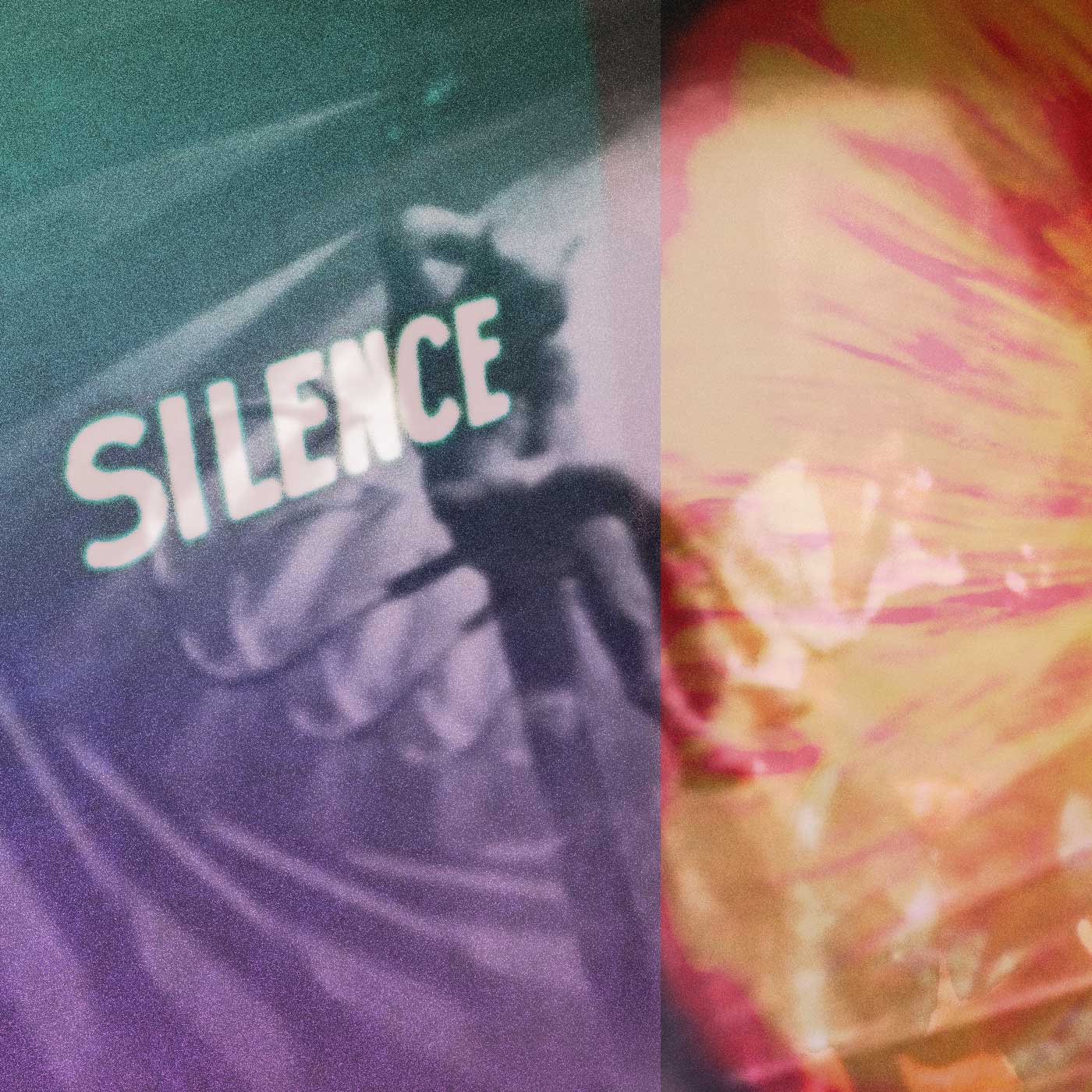I’ve recently watched two documentaries about Brian Jones; both are well worth checking out. Another music feature I’d recommend is Moonage Daydream, about David Bowie, which you can watch on Netflix.
Nick Broomfield’s BBC documentary, The Stones and Brian Jones, came highly recommended. The other, Rolling Stone: Life and Death of Brian Jones is produced and directed by Danny Garcia, and was released in 2019. Both offer detailed accounts of his early life. There is much that has survived that documents his existence before The Rolling Stones – photographs, letters, and even some film footage, and there seem to have been many people with a lot to say about him. Through the interviews put together in the Nick Broomfield documentary, the viewer hears some strikingly different descriptions of the same person, contradictions that paint a picture of a complex and troubled psyche, and a turbulent life.
Both Brian Jones and Mick Jagger were arrested on drugs charges in the late sixties. It seems fairly evident that they were being made an example of, as figureheads of a counterculture that, at the time, must have seemed threatening to the establishment in a way that is hard to imagine now. The impact of these charges, and the subsequent hounding of these men by the press, is explored in some depth in Rolling Stone: Life and Death of Brian Jones.
In dealing with Jones’ death, what is surprising when comparing the two documentaries, is that Nick Broomfield ends with the accepted conclusion that Jones got too wasted, and drowned accidentally. Garcia delves into the possibility that something else happened (not a crazy conspiracy theory, but I know most people will not want spoilers, even in a factual film, so you’ll have to watch it). This, I find interesting, because Nick Broomfield is usually the guy who explores the idea that all may not be as it seems, but the questions raised in the earlier documentary are not touched upon at all in his.
Both of these documentaries provide a sympathetic portrait of a gifted person who was quite clearly troubled long before he achieved any success, or found fame. This left him ill equipped to deal with celebrity, notoriety, or personal relationships. Alienation and paranoia, combined with the excessive use of alcohol and amphetamines, will most likely result in a destructive vicious circle – it’s a combination that will probably not end well. Unless you’re really weird.
Unlike Jones, who seemed to be constantly pulled under by his struggles, David Bowie embraced the uncomfortable, and sought out disquieting situations as a source of inspiration.
The Bowie documentary is both visually striking, and insightful. Directed by Brett Morgen, Moonage Daydream is an exploration of David Bowie’s personas, personality, and creative output. Unlike most features of its kind, it informs the viewer about its subject only through his own words. We hear talk show hosts ask Bowie questions, and there are some brief clips of fans (and a detractor), but nobody else speaks. The archive footage here is all from interviews with Bowie himself through the course of his career, and there is no narrator. The montage works beautifully. This owes not only to the subtle craftsmanship of the director, but also to the fact that Bowie was both articulate and succinct. In his early interviews, he comes across as being strangely at ease in his awkwardness, and although he says he doesn’t like to give too much away, he reveals a lot in a few words.
The interviews are interwoven with footage of his work as a performer and an artist. As well as the music, and the film roles, Bowie worked in traditional theatre, mime, and cabaret, and he painted.
I remember reading a review that described Bowie as a third rate painter, and I don’t agree with that at all. I think his paintings are wonderful. Full of raw emotion, which is in contrast to his music, where there is a degree of separation – something that also works, and makes it what it is. He makes this observation himself, in an interview, saying he has been reluctant to exhibit the paintings, as they reveal too much of him.
The aloof quality definitely works as far as the songs go. For me, the element of detachment in his earlier music has a much stronger impact than the sickly crooning of Word on a Wing. But then the subject matter of this song is different to that of his paintings. He cuts a lot deeper when the inspiration is darkness. The documentary, if you follow his line of thinking, makes a kind of sense of this. He speaks repeatedly about feeling very comfortable with chaos, but he is never quite comfortable with love. Even when he speaks about embracing the idea of attachment, the fact that he has to justify this is telling.
Unlike either of the Brian Jones documentaries, Moonage Daydream is uplifting, because it paints a picture of a person who was endlessly fascinated by the world, and endlessly seeking inspiration. While Jones sought escape, Bowie was an explorer.
I was a little taken aback, when watching the BBC feature, that Nick Broomfield stated that
“Today, few people have heard of Brian Jones.”
I beg to differ. It seems an odd thing to say. I’m not sure if it was an exaggeration intended to exemplify the point that his career was cut short, whereas the rest of the Stones continued to have a lifetime of success, or if Broomfield really believes this is true. It’s rather baffling.
The greatest baffle of all – the thing that really struck me, from watching all three of these documentaries, was the bizarre and intense emotional frenzy of the fans. It comes across like a sort of religious mania, and I’ve found myself wondering how on earth, and why? Because the adoration bestowed upon these people by their fans seems to have had very little to do with the music, and whilst their work was worthy of being held in high regard, they were not particularly pleasant as people. And even if they were, hundreds of people screaming and crying over a person they don’t even know is a collective insanity. It must have been very off putting for anyone who went to a gig to actually listen to the music. I’m intrigued as to how and why this mass hysteria happened. Someone should make a documentary about that. Perhaps somebody has..?
I wonder, as well, what the musicians themselves made of it? I’m not talking about groupies, because that’s people they actually interacted with on a personal level. I mean the hordes of hysterical strangers. That’s enough to send most people west. It’s not really questioned in any coverage from the time; the mania of the fans seems to be treated as an accepted part of the whole situation. In the early days of the Rolling Stones, Brian Jones used to reply to all their fans’ letters. Which is quite nice really. During this time, he also fathered at least five children who he refused to take any responsibility for, and allegedly was physically abusive to his girlfriends. Which is not so nice. Bowie, by comparison, was a paragon of virtue, but throughout the seventies, whilst he frequently spoke of feelings of alienation and misanthropy, and claimed to shun the idea of mass appeal, he performed to crowds of people who imitated his style and worshipped the persona he had created. Is this disingenuous? I don’t know.
It’s fascinating to watch this stuff, because it raises so many questions. What is worth noting, as it’s too often a mere footnote; the music, for the most part, was great.




